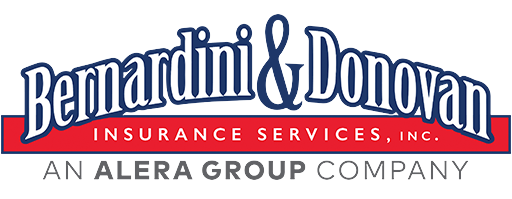Last summer we saw a huge announcement within our health providers when the Big Five national health providers announced that they would become the Big Three with a merger between Anthem and Cigna and a merger between Aetna and Humana. However, as soon as the announcement was made there were outcries against these mergers. There has been concern that if these five large companies which provide much of the innovation within the health industry are not working to stand out or outperform their competitors then the innovations such as new programs for consumers, seniors, and formerly uninsured will stop as well as the possibility of insurance premiums going up. And just recently the US Attorney General Loretta E. Lynch, announced that they had filed lawsuits against these mergers with the purpose of blocking these deals. Their main concern is that these mergers “would leave much of the multitrillion-dollar health insurance industry in the hands of three mammoth insurance companies… If these mergers were to take place, the competition among insurers that has pushed them to provide lower premiums, higher-quality care and better benefits would be eliminated,” said Lynch.
This last month we have also watched at Aetna has started to withdraw their services from certain markets in the United States. This is allow many Americans more limited options for their health care providers and in some cases leaving them with only one option if they are to receive health insurance. These changes will mean that many people will need to change their doctors or their prefered treatment facility to what will be covered under their new plans.
What does this mean for us? It’s hard to say at this time what these changes mean for us. While there are concerns of loss of innovation and rising premium costs, the insurance companies have continue to insist that that will not be the case. But at the very least this is one of the most politicized antitrust cases to be seen in some time.


















